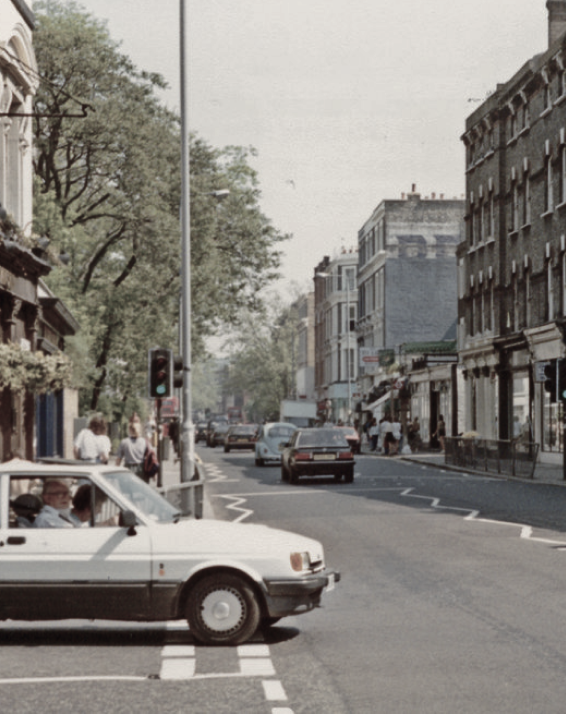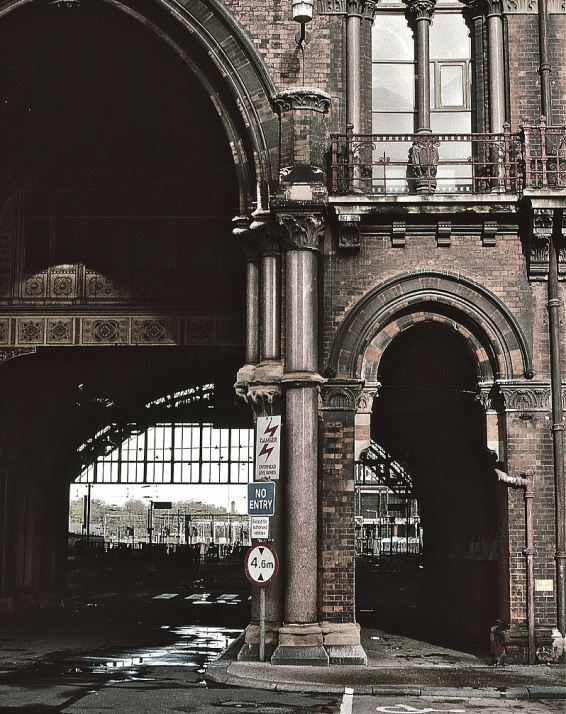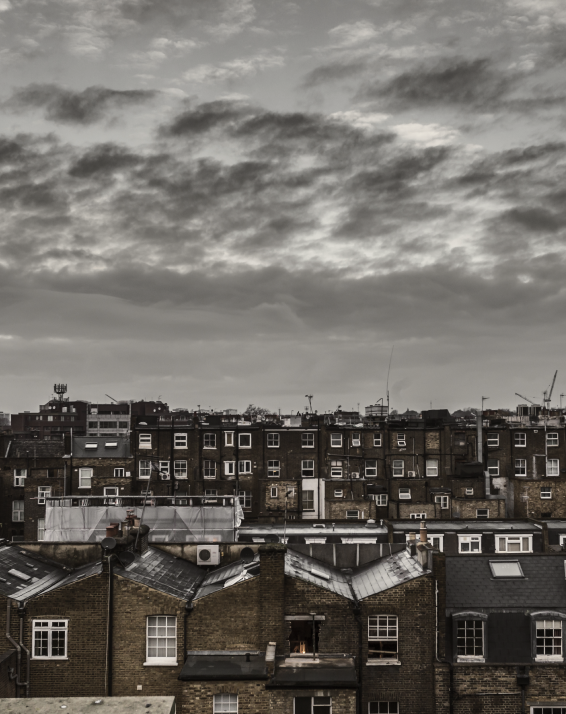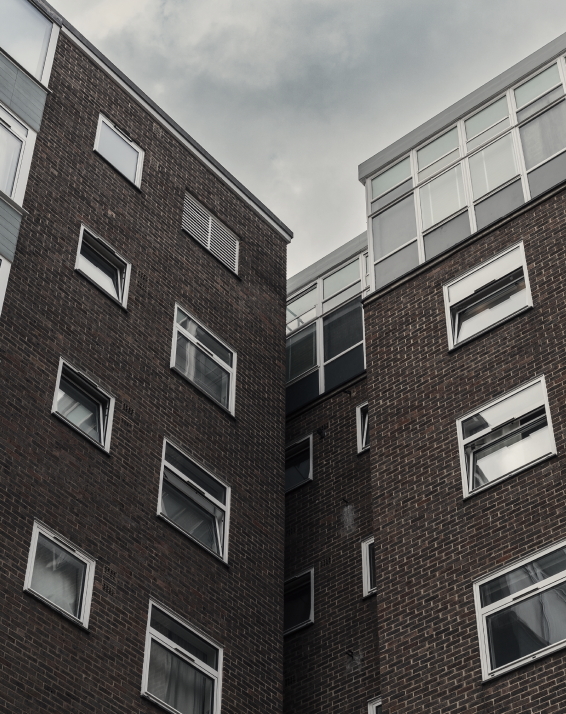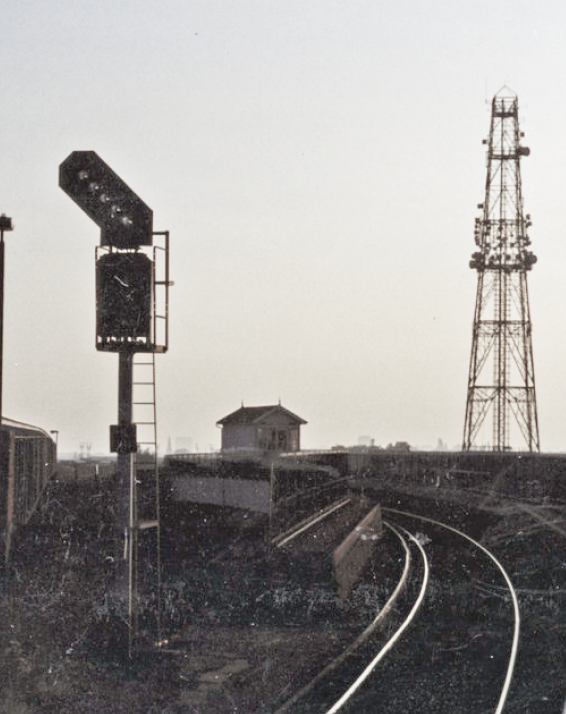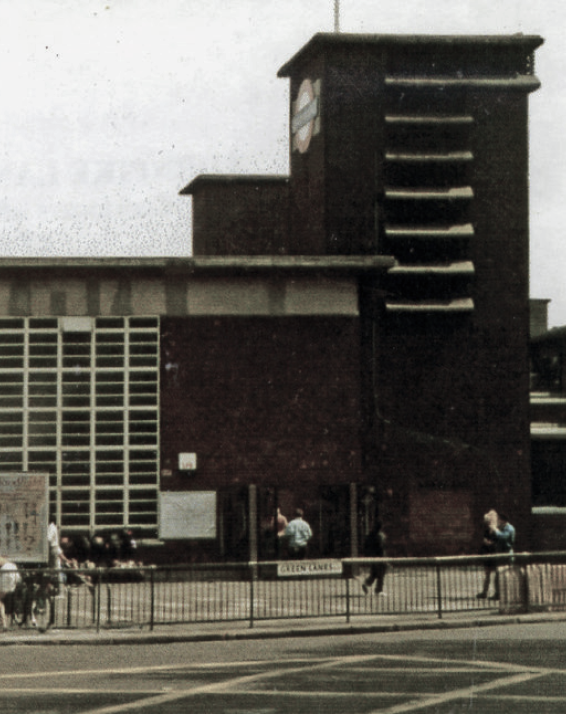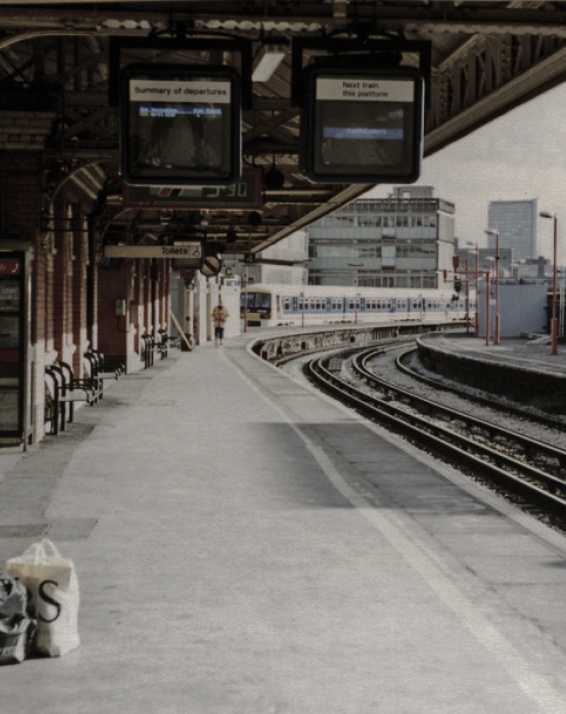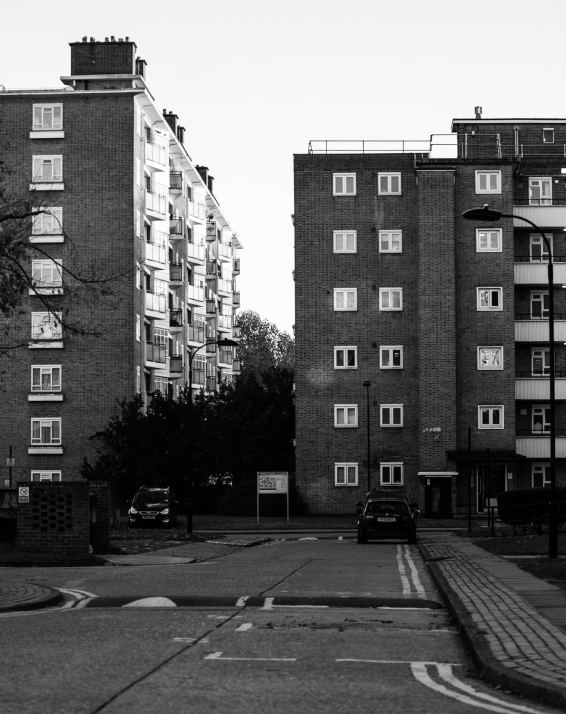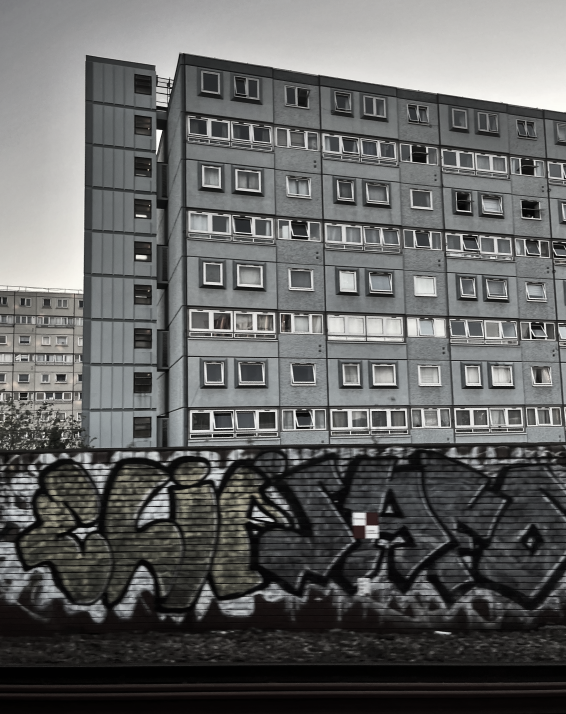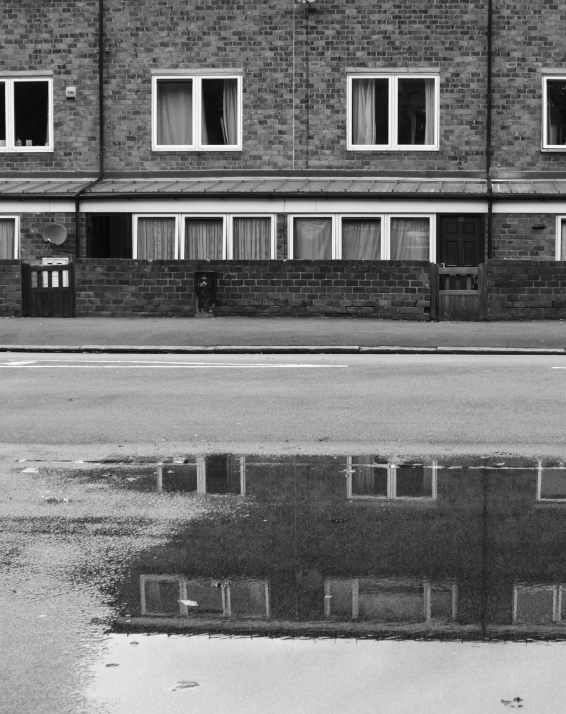
In collaboration with
A Life in Britain
A
Life
in
Britain
Life in the UK had started. A fresh start. A new beginning.
Adel’s father accompanied his daughter-in-law to the Cairo embassy to get a visa. Amnesty International wrote a supporting letter on her behalf to the Home Secretary and, within a year, she and her three children were able to join Adel in the UK.
After years of looking over his shoulder, Britain promised normality and hope for Adel and his young family.
For the first time since their marriage, Adel spent an uninterrupted month with his wife and children. They finally did normal things like going to the park and playing sports together.
There were struggles, though. Ragha was without any family or friends in the UK. The weather was miserable, the language and culture alien to anything she was used to. One of their first homes was in London’s Edgware Road — in a flat just above Victoria Casino.
Adel learnt early on, that his time being monitored by the state wasn’t over. After a day out with friends, he was returning home to see a suited man in sunglasses constantly hovering behind him. He joked with his friend and said “Look, we have a bodyguard!” The man asked Adel where he was going, and he pointed at the flat above the casino saying, “To my home, I live there.”
The next day, newspapers used a photograph of that moment with a caption claiming, “Egyptian exile Adel Abdul Bary gestures at casino he intended to attack.”
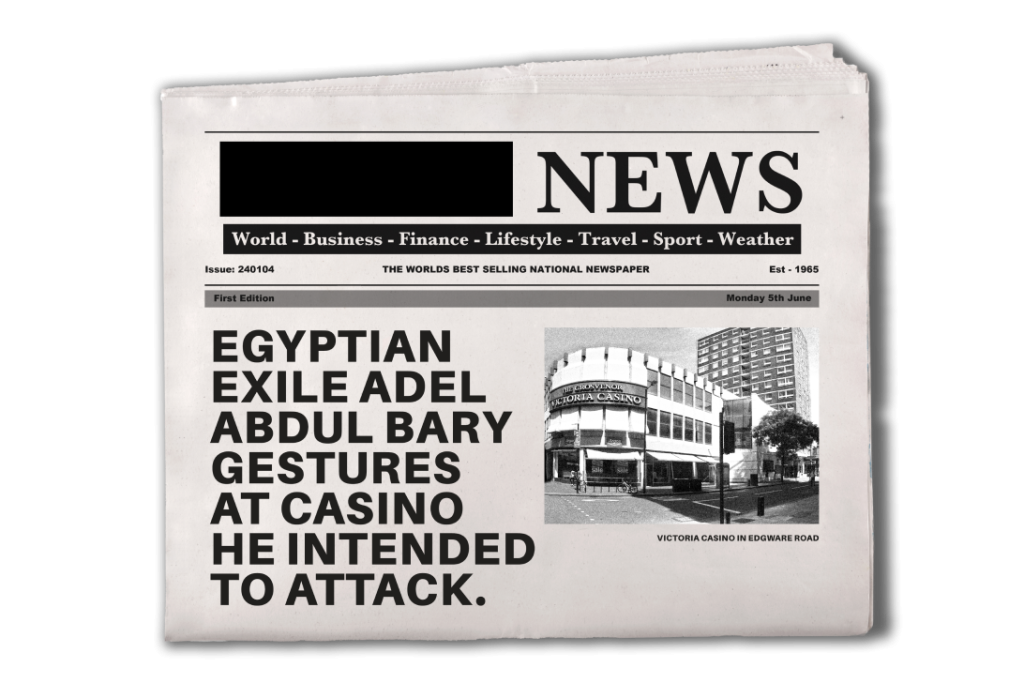

The emotional toll of leaving your home and everything you’ve ever known was undeniable.
“The hardest thing for me was being away from my family,
especially my parents,
especially my dad.
I loved my dad so much.
I loved my mum so much.”
The familiar story of the indignity of starting life at zero also came into sharp focus. Adel is a man who wants to provide for his family, he makes no bones about his commitment to that. But what do you do when you’re a newly arrived refugee trapped in work restrictions and waiting on a couple of pounds to tide your family over?
“You can’t imagine for someone who had a home, office, car, successful chicken farming business, more than enough money… to go from that to zero was really really difficult. My dad would send us money, but even that felt awful to accept.”
Back in Egypt, Adel’s brother took over the running of the business he had set up — a chicken wholesalers providing poultry to marketplaces and a separate dairy shop, too. Though he sent a cut of the profits over, Adel needed to translate his skills into an income for his life in Britain.
Still updated with news back home, it didn’t take long for Adel to get news that Egyptian authorities intended to send SWAT teams to London, and Adel was on their list of targets. With his knowledge of the state’s systemic abuse of power and close work with rights organisations, Adel needed to be silenced.
On Amnesty’s advice, Adel reported this to Scotland Yard who raised it with the Egyptian embassy and visited Adel at home to ask further about the claims. Egypt denied the claim. Scotland Yard said there was nothing more they could do.
An Office for the Defence of the Egyptian People
An Office for
the Defence
of the
Egyptian People
With a background in law and having dealt with media back in Cairo, Adel founded what he called the “Office for the Defence of the Egyptian People”.
Set in London, the purpose of the organisation was to expose the crimes of the Egyptian government and their violation of international human rights. He wanted to reveal to the world what they probably never knew of the land of pyramids and falafel.
“I wanted to set up the office in support of all those I left behind.
I felt like now I had a voice and the freedom to use it, I needed to stand up for those who didn’t.
The outside world needed to know what the government was doing to their people,
and this was the first step in raising awareness.”
With his established and existing contacts, Adel’s work began. They worked closely with domestic and international media, hosted conferences, issued statements, wrote reports, produced newsletters, and gave journalists access to torture survivors.
The organisation had a clear founding statement, aim, and objectives focused tightly around protecting the human rights of Egyptian citizens.
Adel’s close confidant Muntasir helped with the office. They hosted a conference for the public to attend and another exclusively for the media. The office was sent information from Egyptians who fled and got asylum in other countries.
This helped them to claim asylum and document their experiences in Europe and America. Their activities were documented and well-covered, both by English and Arabic-language newspapers.

Work was thriving
and, for a while,
Adel finally felt safe.
